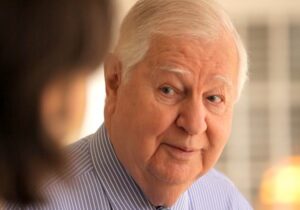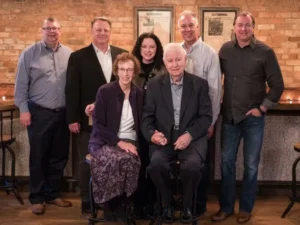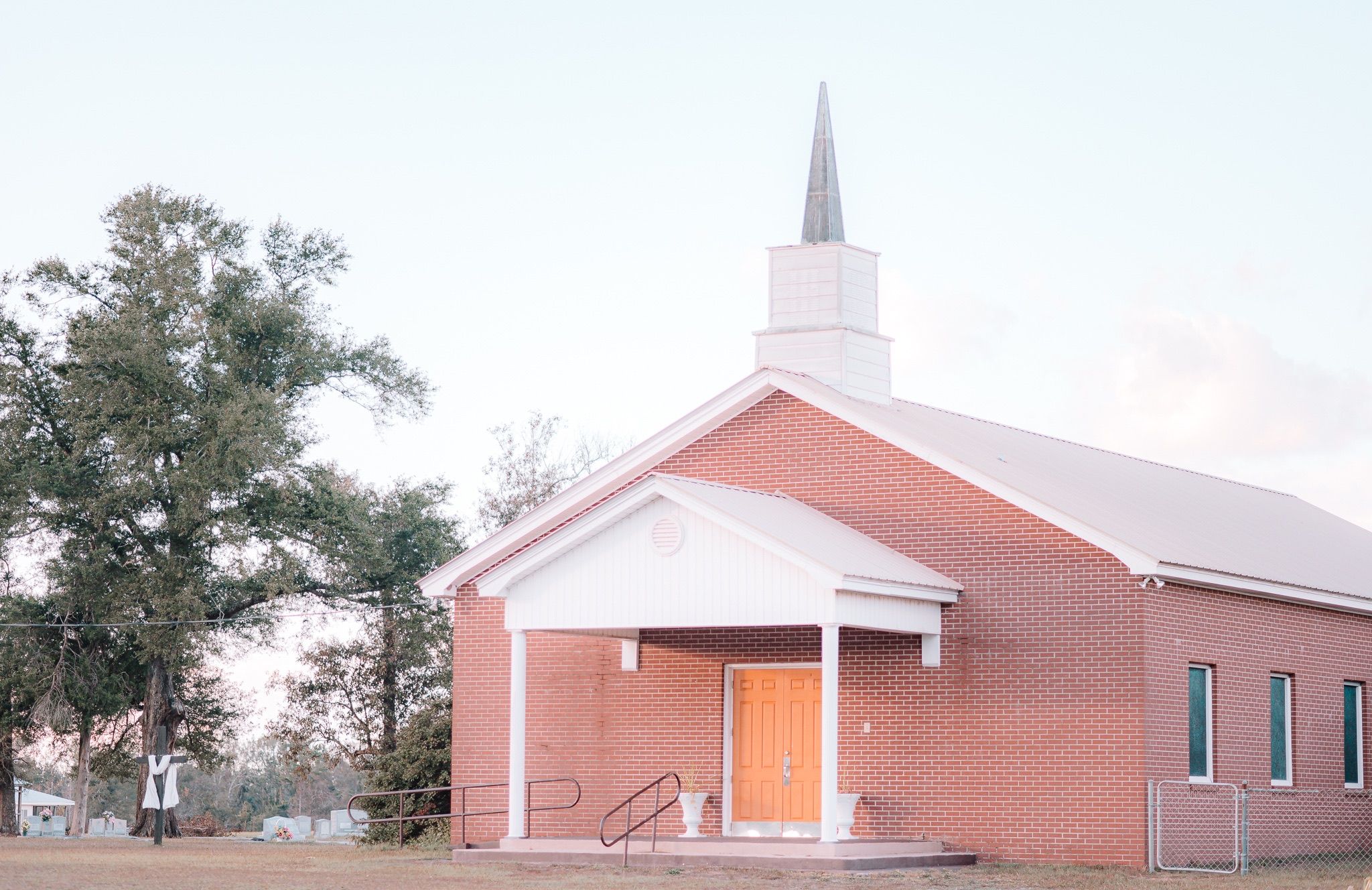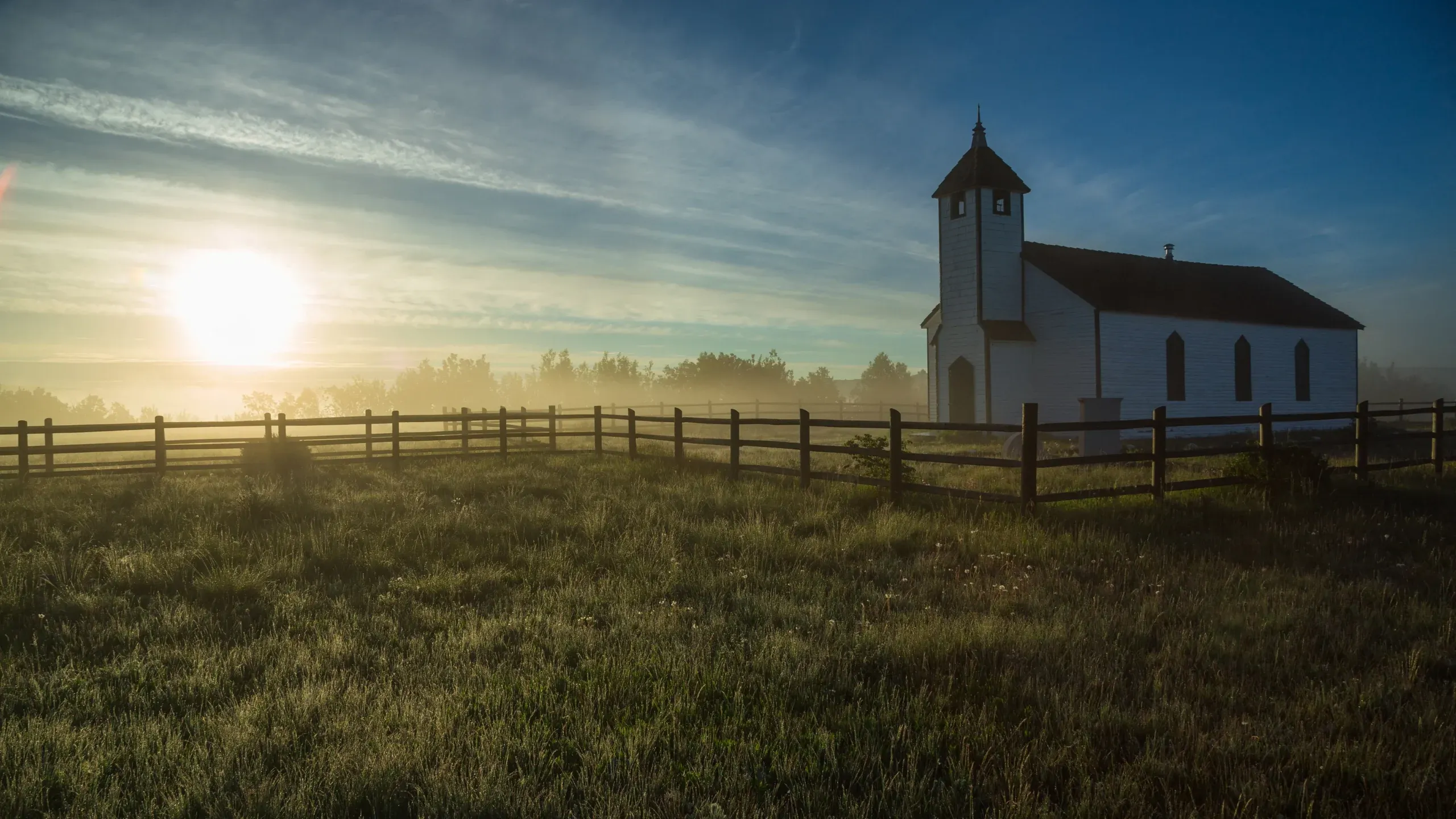Reflecting on the Life and Legacy of Dr. Henry Blackaby
Reflecting on the Life and Legacy of Dr. Henry Blackaby

When we talk about “spiritual giants,” few names loom larger than that of Henry Blackaby. His bible study, Experiencing God (co-authored with Claude King), was published in over 75 languages and has sold more than 8 million copies in English since being published in 1990. Countless pastors, ministry leaders, and church members have been radically challenged and changed by the bible study and its subsequent spinoff studies, books, and devotions. Blackaby also coauthored several other books with his son, Richard, including one near and dear to most replant pastors, Flickering Lamps: Christ and His Church, which tells the story of the senior Blackaby’s journey of replanting a small church in Canada.
I never had the opportunity to meet Henry Blackaby during his life. But if I had, I imagine he would find my naming him a “spiritual giant” a little humorous. He simply wanted to be known as a “servant of God.” Blackaby was not someone who bought into his hype– he never allowed himself to fall into the entitlement that sometimes comes with fame. He was not someone who dismissed others or expected them to cater to him. Instead, he served God humbly, doing the Lord’s work wherever and however he was called to do so.
Richard Blackaby sat down with Jimbo on a recent episode of the Replant Bootcamp podcast to discuss his dad’s life and the legacy he left behind.
A Fearless Follower of God
Henry Blackaby didn’t believe in limiting God to what was practical. Was it practical to move a family of seven from the US to Saskatoon, Canada to a church with only 10 people in attendance and an offering of only $90 for the previous month? No. But as Richard stated, his dad believed “Ten people can’t start a church, but ten people plus God can start anything God wants them to.”
When he was faced with questions about moving to this small church in the middle of nowhere, Henry Blackaby believed even if no one else understood it, God called him to it. He truly felt that if God called him to go, God would provide for his needs. He said, “God called me to this. If you’d been there when we heard from God, you’d be just as convinced as we were. The difference is you haven’t heard from God and we have.”
Richard expressed that some people assumed his dad was impulsive, or that he just thought, “We serve a big God. So let’s just try and start a lot of things.” But that wasn’t Henry Blackaby. Instead, he made a practice of remembering who the master is and who the servant is. He would say, “We’re just the servants. We don’t come up with a plan. But when the master tells us to get busy and fulfill his plan, we’ve got no choice but to get moving.”
Henry Blackaby believed that once you heard from God, you’d be crazy to stay where you are. He was a fearless follower of God. He didn’t take unnecessary risks, but he believed in God and took Him at His word. He trusted that God would do what He said He would. He trusted that God was all-powerful and he was reliable.
An Encouraging Optimist for Others
One thing Richard learned from his dad was the power of a few minutes. After Henry’s passing, people would stop Richard to tell him how much his father had changed their lives. Many times, the story wasn’t about a book Henry wrote or a sermon he preached. It was usually the result of a short, ten-minute conversation they had with him between sessions or during a lunch break. And many of the stories centered on Henry’s encouragement as he poured hope into their lives.
We’ve talked many times about discouragement in ministry. It is no secret that working as a pastor can be discouraging– even more so as a pastor in a replant. Change is difficult and people who supported you in the beginning will occasionally turn on you. Your family will struggle, many times emotionally, spiritually, and financially. Your work may go unnoticed or unappreciated. Honestly, it can be exhausting.
It was in that season of discouragement and exhaustion when a pastor might find himself at a conference standing face to face with Henry Blackaby. Dr. Blackaby was always willing to spend time talking to people and hearing their stories. (Richard shared the story on his blog of the time his dad offered to sign his book for a couple of people on their way to a lunch break, and FOUR hours later, Richard found him still talking to people and signing their books.) Dr. Blackaby would take the time to listen.
For many pastors, those ten minutes changed their lives. It wasn’t just a quick conversation for them. It was a lifeline of hope in a season of doubt. When they would tell Henry about all of the problems they were facing, he would say, “I know all that’s true, but what, what do you have? You have Almighty God. The ruler of the universe is in your church. He’s the head of your church. He’s the provider for your church. What more do you need when you have him?”
That changed their perspective. Instead of seeing the problems, they saw the opportunities for God to work in their ministries. Instead of feeling discouraged about where they were, they felt hopeful about where they could go. They left the conversation excited to get back to their churches and see what God would do. Richard described his father as a “raging optimist,” and that quality was contagious for those who spoke with him.
Dr. Blackaby also took time to remind pastors that replanting and revitalizing their churches wasn’t all their responsibility. Yes, He called them to that church. But it was God who would do the work of revitalization, not them. He reminded pastors that their role was one of a willing servant. Richard stated that men who were feeling overwhelmed and inadequate would leave a conversation with his dad with the reminder that they didn’t have to solve every problem themselves. Instead, they could rest in the knowledge that God has never been scared or overwhelmed by the church’s problems. All they had to do was follow God’s leading in obedience.
A Legacy of Faithfulness

When asked what lessons Richard had taken from his father’s life, he shared that he wanted to follow the ancient paths his dad had walked. Henry, he said, walked in deep fellowship with God. He didn’t sway, didn’t falter, didn’t lose sight of God’s leading. Richard expressed a desire to follow that same pattern of faithfulness and to depend on God the way his dad had.
Richard also said that he learned to never treat any moment with someone as “ordinary.” If God is present, he said, nothing about that moment is ordinary. That quote really sat with me this week. When we look at that in light of Matthew 18:20, we realize any time two or more followers of Christ are present, He is in their midst. And if the Almighty author of the universe is present, that moment has an extraordinary, supernatural quality to it. Whether I am in the car with my children, sharing a coffee with a friend, or just quietly sitting with someone who is struggling, that moment is holy and has the potential for God to move and do something incredible with it.
Another lesson Richard learned from his father was to keep your family as your most important ministry. Sometimes in replanting a church, we get so focused on rebuilding that congregation that we neglect to realize our own home is breaking down. The truth is, you may not always pastor that church. But you will always be your child’s father.
I have seen this to be true in so many ways. Pastors who were gifted at leading and who built wonderful congregations have pushed their families to the side while they do the work of the Lord. Instead of looking at their family as a part of their ministry, they sometimes saw them as a hindrance to it. And when you put your family behind the church, you run the risk of losing both.
An Ordinary Man and an Extraordinary God
As Richard points out on his blog, his dad “didn’t write a book or become famous until he was 55 years old. For most of his life, he served faithfully in relative anonymity.” Henry Blackaby wasn’t a famous pastor because he had a mega-church. His church membership never grew over 250 at most. He wasn’t famous because he was perfect. He had frailties and faults like everyone. He wasn’t extraordinary on his own. He was extraordinary with God by his side.
When we look at our legacy– at the things we will leave behind– we must remember that the books we’ve written and the sermons we preach will fade. The degrees we worked so hard to earn will no longer hang on the walls of our offices. The churches we’ve poured our lives into will be under someone else’s leadership. What will last are the people we invested in. The relationships we built. The time that we took to speak life into others.
We are just ordinary people. But as Henry Blackaby taught us, our extraordinary God can do a lot with ordinary people.















